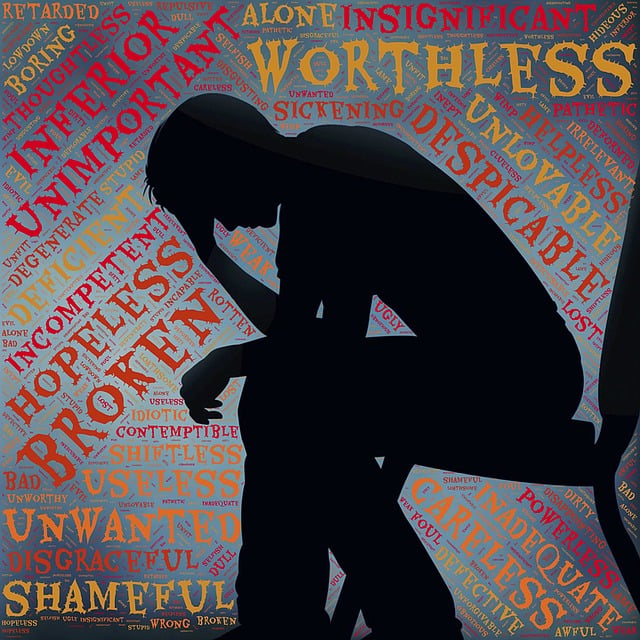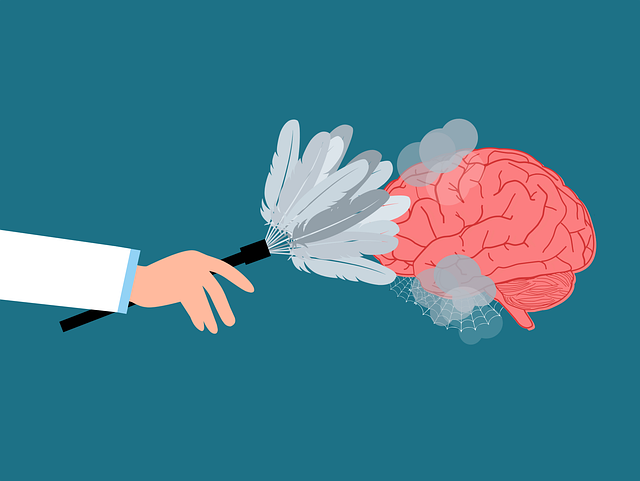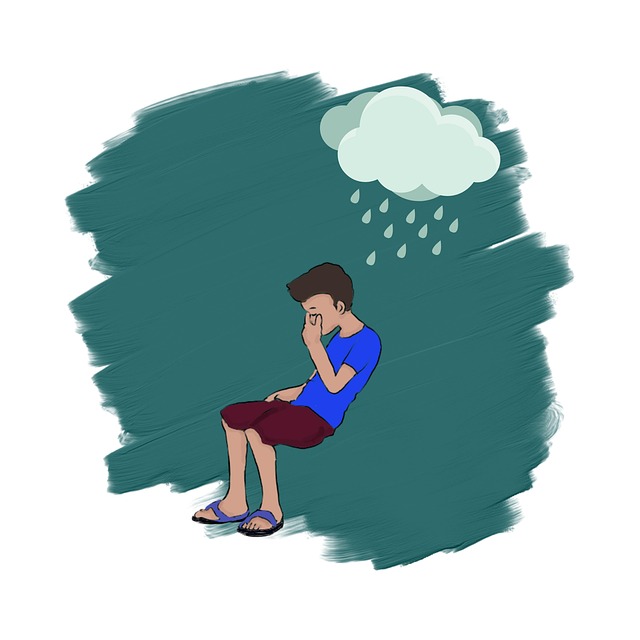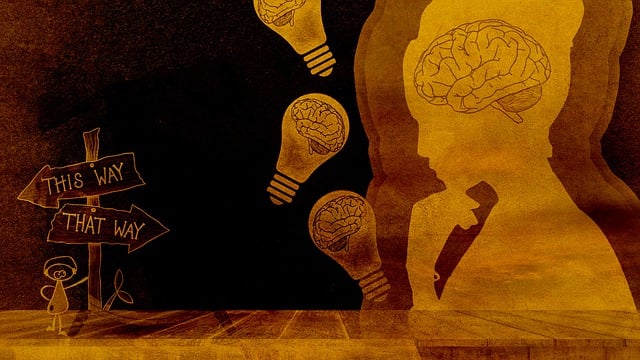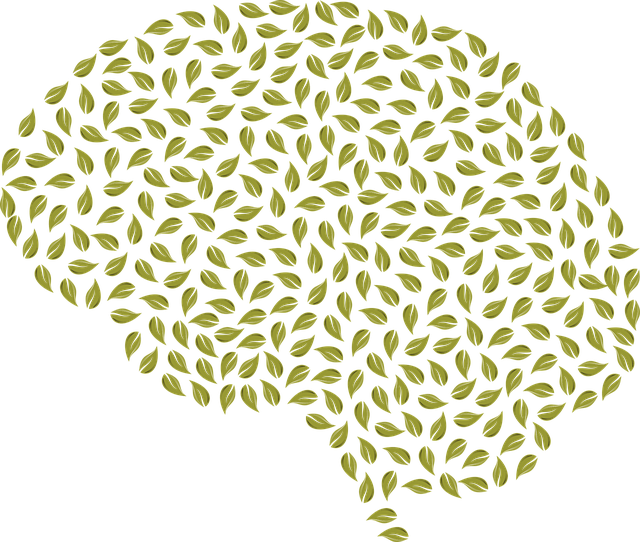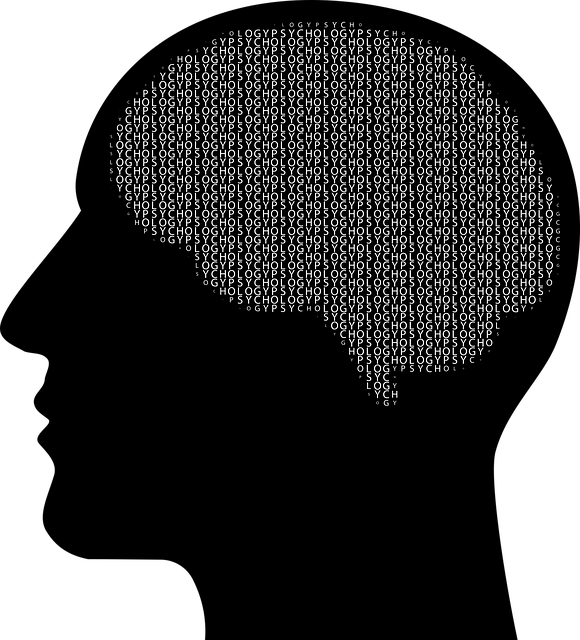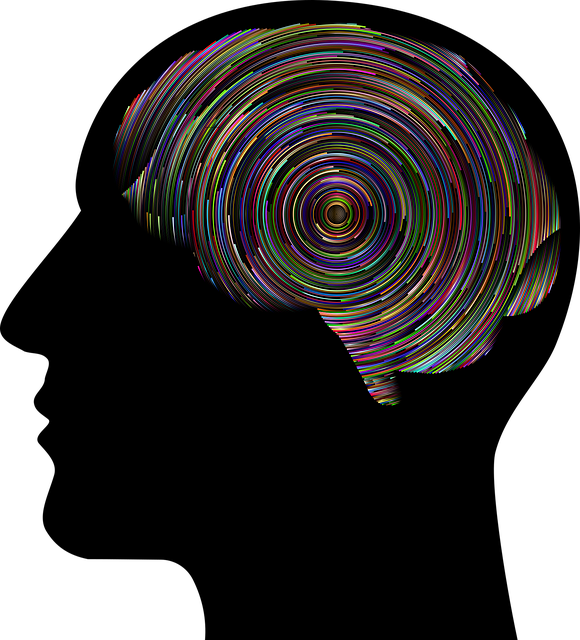Westminster Sexual Abuse Survivor Therapy (WSAT) offers a specialized, holistic approach to support survivors of sexual abuse, focusing on tailored strategies for resilience and well-being. By integrating self-care routines and mental wellness journaling, WSAT empowers survivors to actively participate in their healing journey and prevent depression. A robust mental health education program should include social skills training, policy analysis, emotional intelligence development, and culturally sensitive case studies to cater to diverse populations, ensuring every learner receives supportive, tailored education.
Mental health education is a vital component in fostering resilient communities. This article explores program design principles, specifically focusing on the impact of Westminster Sexual Abuse Survivor Therapy (WSAST) as a framework for support. We delve into key components that make for effective programs, emphasizing inclusive and culturally sensitive learning experiences. By understanding WSAST’s approach, we can create educational initiatives that address mental health holistically, catering to diverse populations.
- Understanding Westminster Sexual Abuse Survivor Therapy: A Framework for Support
- Key Components of an Effective Mental Health Education Program
- Designing Inclusive and Culturally Sensitive Learning Experiences
Understanding Westminster Sexual Abuse Survivor Therapy: A Framework for Support

Understanding Westminster Sexual Abuse Survivor Therapy (WSAT) offers a valuable framework for supporting survivors and fostering mental health education. This therapeutic approach recognizes the unique challenges faced by individuals who have experienced sexual abuse, providing tailored strategies to enhance their resilience and overall well-being. WSAT focuses on empowering survivors through self-care routine development, encouraging them to prioritize mental wellness journaling exercises as a means of healing and reflection.
By integrating these practices, survivors can actively participate in their journey towards recovery and prevention of depression. The WSAT framework promotes a holistic understanding of mental health, emphasizing the importance of nurturing one’s mind, body, and spirit. This inclusive approach ensures that individuals not only survive but thrive after traumatic experiences, ultimately enriching their lives and fostering a deeper sense of empowerment.
Key Components of an Effective Mental Health Education Program

An effective mental health education program should incorporate several key components to foster a comprehensive understanding and support system for individuals’ well-being. Firstly, it must address the social skills training aspect, equipping participants with tools to navigate interpersonal relationships and communicate effectively about their feelings and experiences. This is especially crucial for survivors of sexual abuse, like those seeking therapy at Westminster Sexual Abuse Survivor Therapy, who may need guidance in rebuilding trust and connecting with others.
Secondly, integrating mental health policy analysis and advocacy into the curriculum enables learners to grasp the broader systemic issues impacting mental healthcare access and quality. Encouraging emotional intelligence (EI) development is another vital component, as it helps individuals recognize and manage their emotions, fostering resilience and empathy. This aspect can be particularly beneficial in creating supportive environments where participants feel empowered to seek help and support one another.
Designing Inclusive and Culturally Sensitive Learning Experiences

When designing mental health education programs, it’s paramount to create inclusive and culturally sensitive learning experiences that resonate with diverse populations. This involves considering the unique cultural backgrounds, beliefs, and experiences of participants, ensuring they feel welcomed and valued. For instance, incorporating culturally relevant case studies and examples from various communities can make complex mental health topics more accessible and relatable, especially for marginalized groups such as sexual abuse survivors in Westminster.
The integration of Social Skills Training and Healthcare Provider Cultural Competency Training is a strategic approach to fostering an inclusive environment. By equipping educators with knowledge about different cultural perspectives on mental health, they can adapt their teaching methods accordingly. This sensitivity ensures that every learner receives supportive, non-judgmental education tailored to their specific needs, whether they are navigating the complexities of trauma healing or seeking culturally aligned therapeutic practices akin to those offered by Westminster Sexual Abuse Survivor Therapy.
Westminster Sexual Abuse Survivor Therapy provides a valuable framework for supporting survivors, emphasizing empathy, understanding, and tailored care. An effective mental health education program design should incorporate key components such as trauma-informed approaches, inclusive learning experiences, and culturally sensitive teaching methods. By integrating these elements, educators can create safe spaces that empower individuals to heal and thrive, ensuring support aligns with diverse needs and backgrounds. This inclusive approach is vital for fostering resilience and promoting overall well-being in a nuanced manner.

